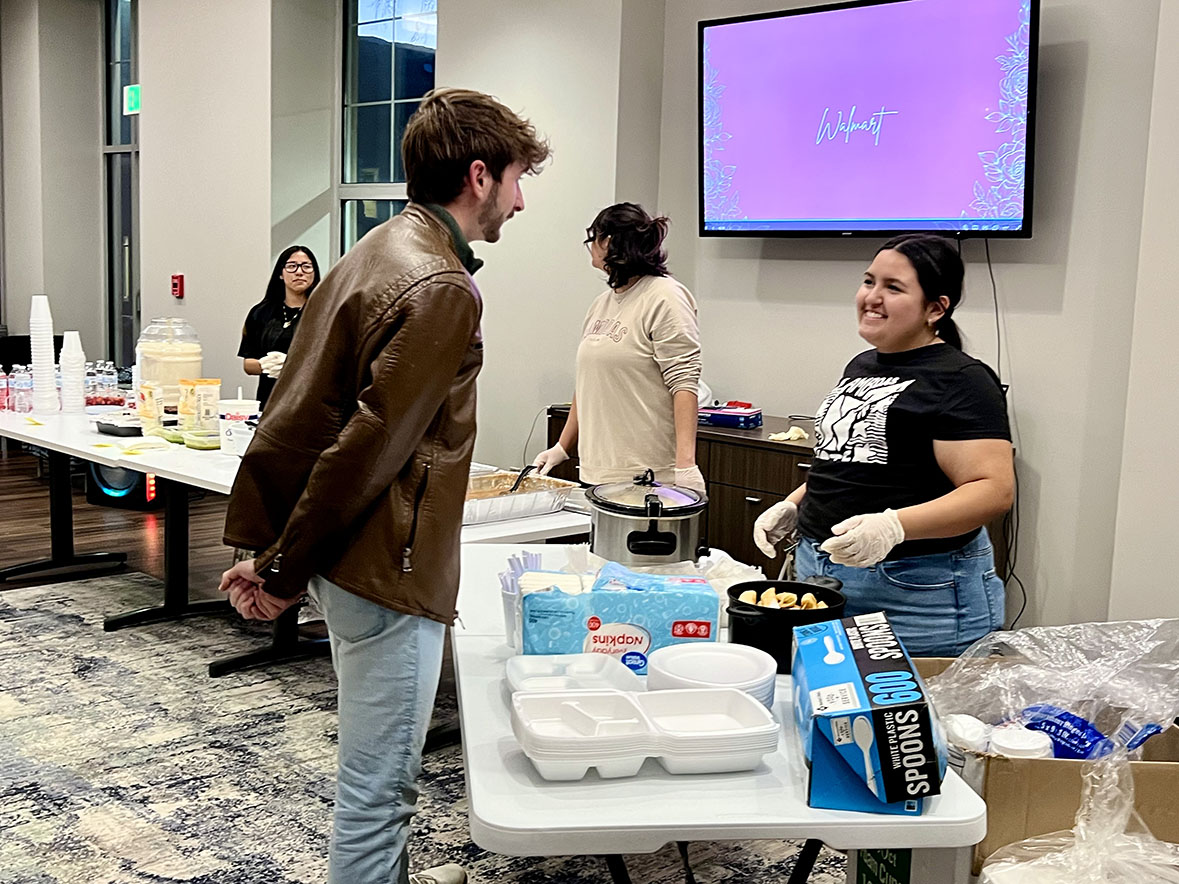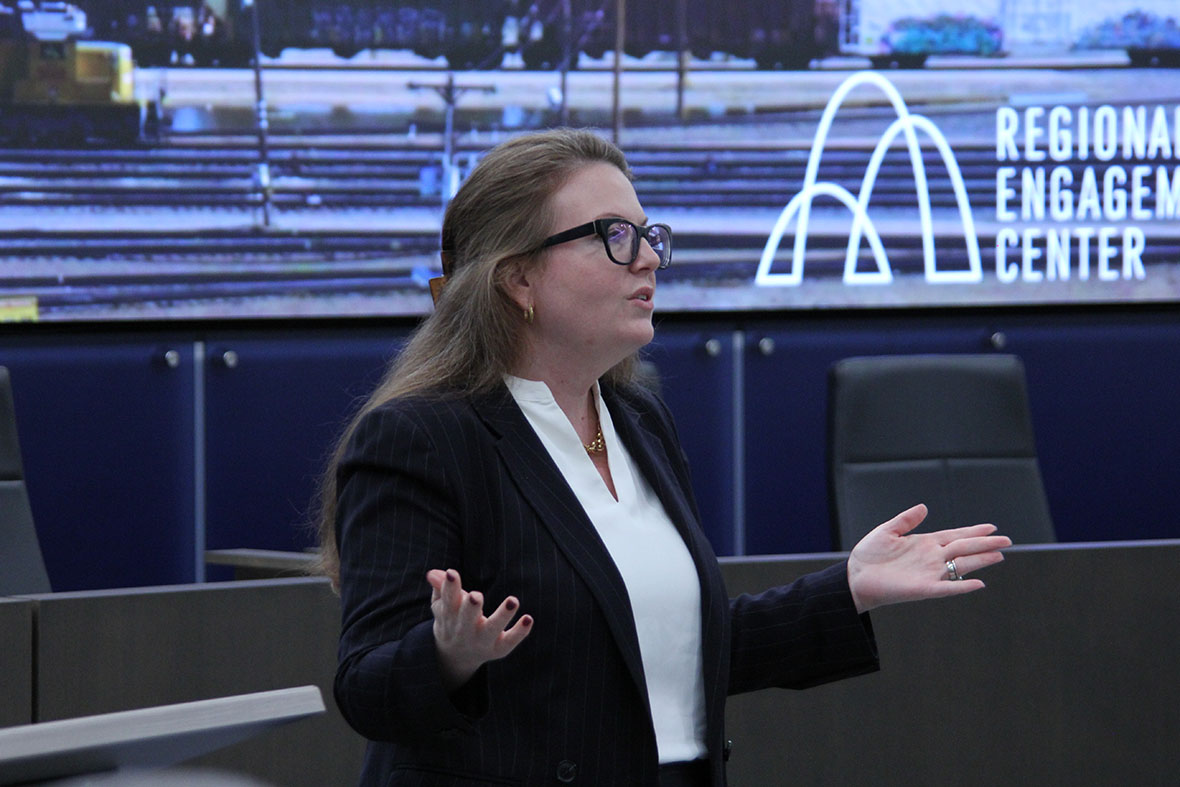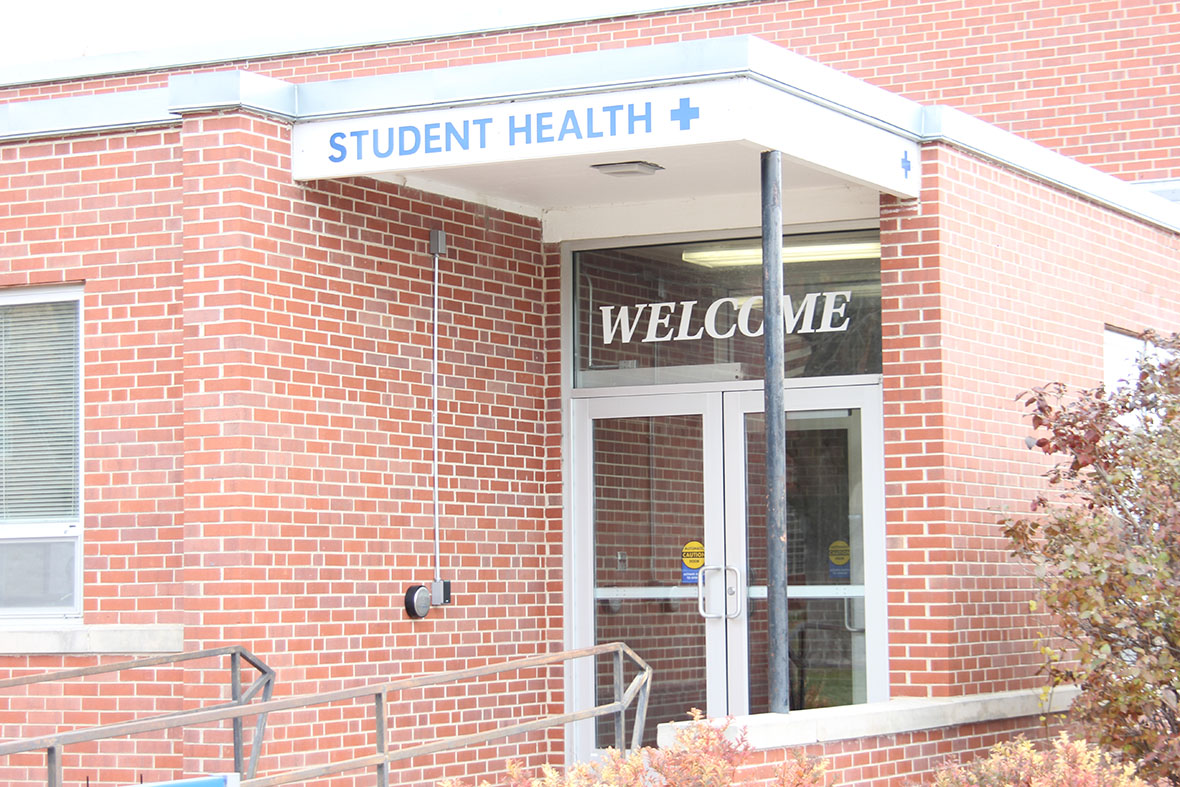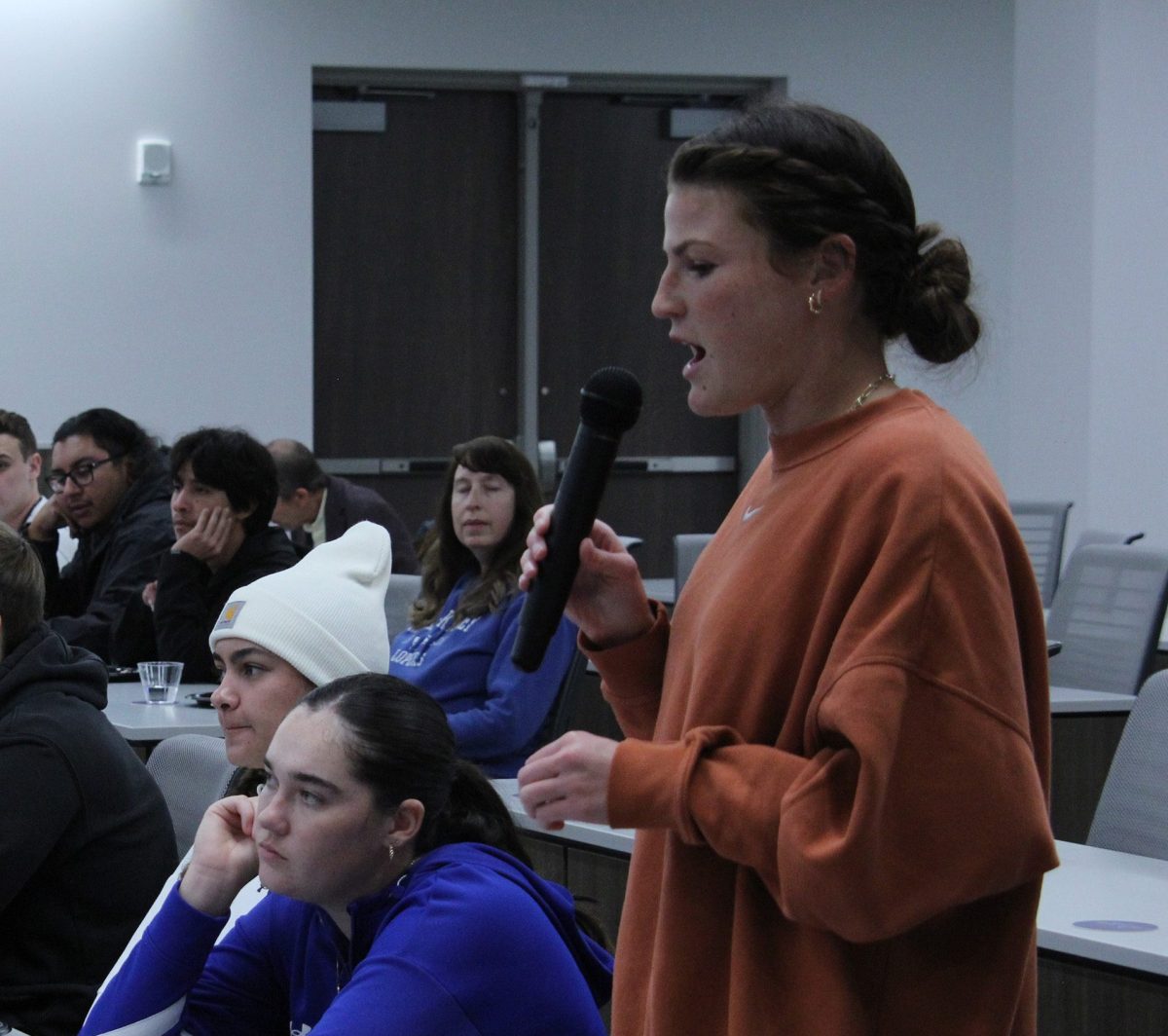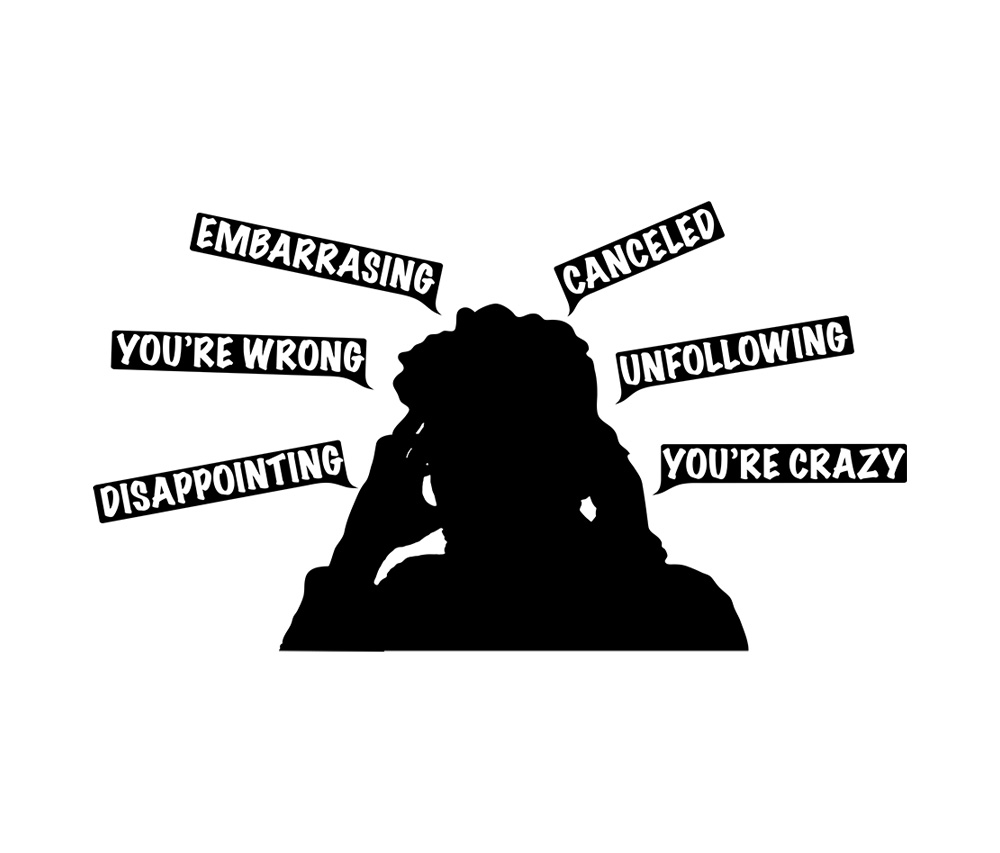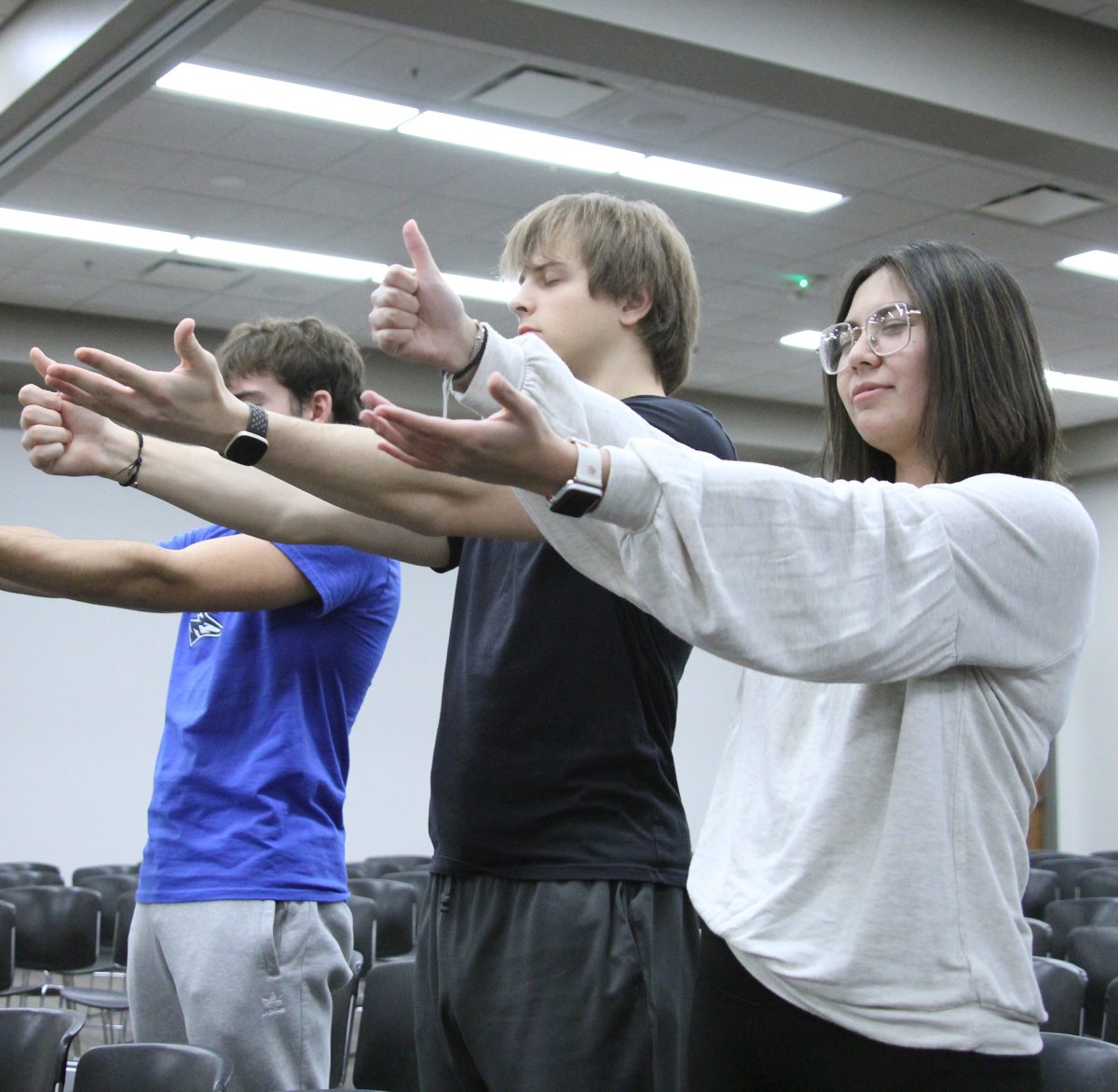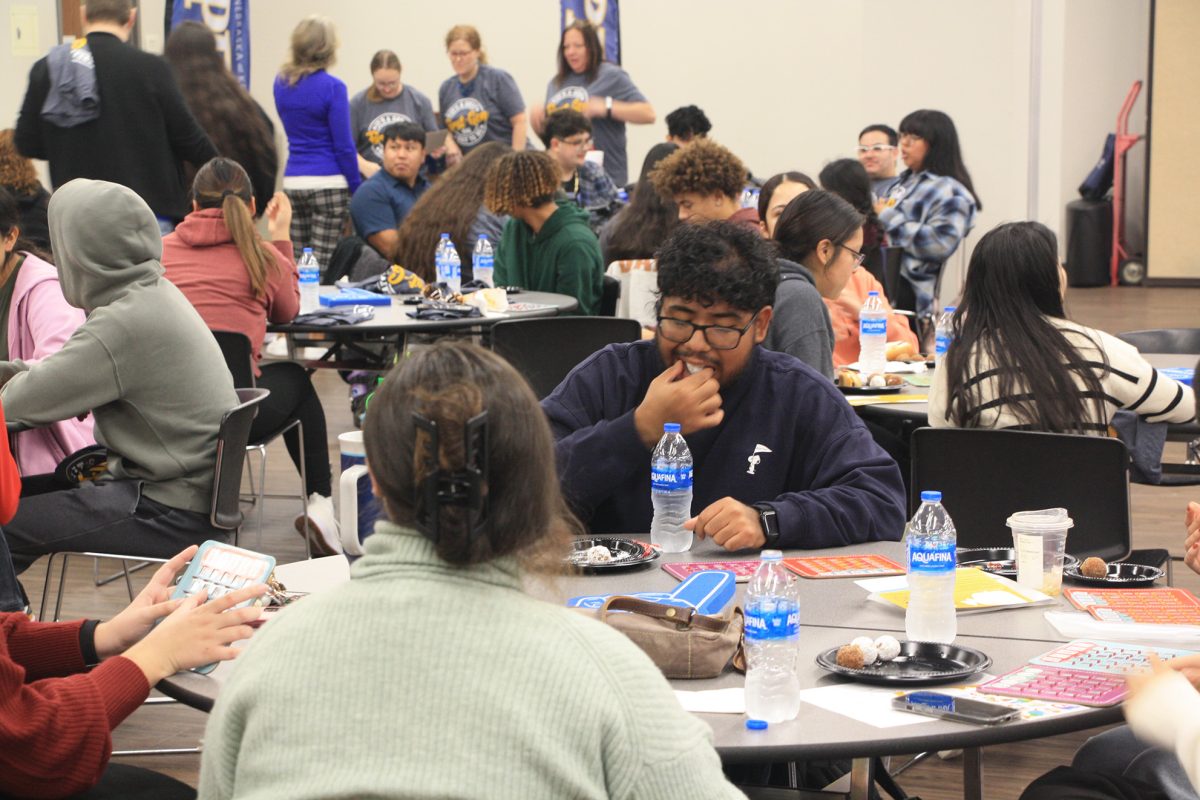No amount of cliché posts or phrases will change anyone’s perception on the severity of mental illness. The pandemic brought mental health to everyone’s attention, including college campuses.
This issue, however, cannot be tackled easily. UNK makes it clear that they are focused on providing students with mental health resources, but we have only touched the tip of the iceberg on what we need to do in this fight. There’s always more that can be done, as this is one of the biggest problems students face daily.
As college students, we already know that “it’s okay not to be okay.” With our school workload, social events and extracurricular activities, it can be hard to find days that are okay. We need to know how to cope with these bad days. Prioritizing mental health means more than just pointing out the problems. Students need ways to cope and deal with the problems they face.
The solution to this problem starts with better education on mental illness. It seems as though every article I read on mental health focuses solely on depression and anxiety. While these are very prevalent issues, there are several mental illnesses that a majority of college students still struggle with that are never educated on. A few of these mental illnesses include ADHD, eating disorders and substance abuse disorders. This causes students to deal with their mental illnesses undiagnosed, as they do not have the education on these problems.
With education also comes breaking stigmas. Because of our society’s lack of accurate knowledge on mental health, many struggle with undiagnosed mental illness for years of their life. Societal stigmas of mental illness and therapy create a barrier for those not knowing how to ask for help. Students need to know that what they are struggling with is normal, and many of their peers likely struggle with it as well.
UNK’s counseling services provide a great stepping stone for students wanting to improve their mental health. While many students find our three free counseling sessions to be a good resource for them, not everyone has had this same experience. Since the pandemic, it has been difficult for students to get help when they need it, as it can be hard to make an appointment that’s not months in advance. It’s crucial that students who are reaching out for help get it as soon as possible. The hardest thing to do is reach out for help, and it is important that students feel heard when they are doing so.
Students may need to reach outside of campus to find serious help. After going to UNK’s services with focus problems, I was told I didn’t have ADD or ADHD and that I just needed to make better priorities. It took me going to a therapist and meeting with a specialist outside of UNK to get diagnosed with ADHD and get proper help for my struggles. While UNK’s services can be useful, there should be a stronger emphasis on good resources for students and more information on other resources off campus.
There are other resources at UNK that students should be able to use if they are in need. Students should feel comfortable enough to be able to go to their professors if they feel like they are struggling mentally. The role of a teacher is to support their students in all aspects. Professors should be their first resource, yet many students don’t even feel comfortable asking their professors questions. Creating an open and comfortable space for students allows for them to have a better and more productive learning environment.
Small changes in the classroom setting could completely change the student experience and make them feel more supported. Allowing students to take mental health breaks from class or homework gives students the break they need to refresh if they are overwhelmed. This also would create a space for students to feel comfortable speaking up when they are struggling. Students may feel uncomfortable speaking up because they feel it is not a valid excuse. When students are able to focus on their mental health first, they are more likely to perform better on their classwork in the future.
Mental illness has always been a problem, but it’s time to break that cycle. It’s crucial that we take the steps necessary to make students feel supported and feel that their mental health is a priority.



